Marine Aluminum Alloy Plate 5052 5083 6061
Marine environments pose extreme challenges—constant exposure to saltwater corrosion, mechanical stresses, and environmental fluctuations demand materials that combine strength, durability, and corrosion resistance. Marine aluminum alloy plates, particularly grades 5052, 5083, and 6061, have emerged as indispensable materials in naval architecture, offshore platforms, and shipbuilding.
Marine Aluminum Alloys: Why 5052, 5083, and 6061?
Selection of aluminum alloys in marine environments hinges on a trifecta: high corrosion resistance, excellent mechanical strength, and good weldability. The 5xxx series alloys (5052 and 5083) and the 6xxx series alloy (6061) have tailored properties to meet these requirements, yet each brings a unique edge corresponding to different structural and operational needs.
Alloy 5052: Versatile, Corrosion-Resistant Workhorse
Function: Alloy 5052 is characterized by outstanding corrosion resistance, especially to saltwater and marine atmospheres. Enhanced with approximately 2.5% magnesium—which reduces susceptibility to chloride-induced corrosion—it is widely recognized for surface durability rather than structural load-bearing.
Applications: Commonly used in fuel tanks, ship bulkheads, hulls of small to medium vessels, and specialized marine containers. Its excellent formability allows intricate shapes, enabling design flexibility in marine equipment with moderate strength requirements.
Technical Parameters & Temper:
| Parameter | Specification |
|---|---|
| Alloy Composition | Mg 2.2% - 2.8%, Cr 0.15%-0.35%, Si ≤0.25% |
| Typical Thickness | 1.0 mm – 100 mm |
| Temper Available | O (annealed), H34 (strain hardened & stabilized) |
| Yield Strength (H34) | ~215 MPa |
| Elongation (H34) | ≥10% |
| Standard Implementation | ASTM B209, AMS 4037 |
Alloy 5083: Premium Structural Performance
Function: As a higher strength member in the Mg-Al system, 5083 boasts exceptional resistance to seawater corrosion and excellent performance under extreme climates. Its very low susceptibility to stress corrosion cracking makes it indispensable where mechanical integrity is critical.
Applications: Large ship hulls, offshore oil rigs, marine vehicle chassis, ballast tanks, pressure vessels, and cryogenic containers. The combination of load-bearing strength and environmental resilience facilitates prolonged service life under dynamic marine stresses.
Technical Parameters & Temper:
| Parameter | Specification |
|---|---|
| Alloy Composition | Mg 4.0% - 4.9%, Mn 0.4% - 1.0%, Cr 0.05%-0.25% |
| Typical Thickness | 3 mm – 150 mm |
| Temper Available | H116 (strain hardened), H321 (strain hardened, stabilized) |
| Yield Strength (H116) | ~275 MPa |
| Elongation (H116) | ≥12% |
| Standard Implementation | ASTM B928, ISO 6361-2 |
Alloy 6061: Marrying Strength with Modulable Processing
Function: Unlike magnesium-dominant marine alloys, 6061 incorporates significant silicon and magnesium, lending exceptional mechanical strength and machinability with good corrosion resistance. It can be precipitation hardened (heat-treated) to enhance strength while maintaining lightweight characteristics.
Applications: Used in marine structural components requiring high strength-to-weight ratio such as frames, masts, and decks, electric enclosures, pipeworks, and naval fittings that necessitate customized machining.
Heat Treatment & Temper:
6061 alloy is often used in T6 temper, referring to a solution heat-treated and artificially aged state, enhancing mechanical properties.
| Parameter | Specification |
|---|---|
| Alloy Composition | Si 0.4% - 0.8%, Mg 0.8% - 1.2%, Fe ≤0.7%, Cu 0.15% - 0.4% |
| Typical Thickness | 1 mm – 100 mm |
| Temper Available | T6 (solution heat-treated & aging), T651 (T6 + stress relieved) |
| Yield Strength (T6) | ~275 MPa |
| Elongation (T6) | ≥12% |
| Standard Implementation | ASTM B209, AMS 4017 |
| Element | 5052 (%) | 5083 (%) | 6061 (%) |
|---|---|---|---|
| Aluminum (Al) | Bal. (~97.7) | Bal. (~92.9) | Bal. (~97.9) |
| Magnesium (Mg) | 2.2 – 2.8 | 4.0 – 4.9 | 0.8 – 1.2 |
| Manganese (Mn) | 0.1 – 0.4 | 0.4 – 1.0 | ≤0.15 |
| Silicon (Si) | ≤0.25 | ≤0.4 | 0.4 – 0.8 |
| Iron (Fe) | ≤0.4 | ≤0.4 | ≤0.7 |
| Copper (Cu) | ≤0.1 | ≤0.1 | 0.15 – 0.40 |
| Chromium (Cr) | 0.15 – 0.35 | 0.05 – 0.25 | ≤0.35 |
| Zinc (Zn) | ≤0.1 | ≤0.25 | ≤0.25 |
Implementation Standards & Relatable Certifications
Marine aluminum alloy plates uphold manufacturing and testing expressions under rigid standards such as:
- ASTM B209: Covers aluminum and aluminum-alloy sheet and plate.
- ISO 6361 System 2: Addresses general purpose aluminum and aluminum-magnesium alloy plates.
- ABS, Lloyd’s Register and DNV GL Certification: These product approvals assure compliance for usage in marine vessel production, ensuring strength, corrosion resistance, and weldability as per seafaring regulations.
Distinctive Insights: Choosing Among 5052, 5083, and 6061
Cost vs. Performance:Alloy 5052 is typically cost-effective criteria-wise with effective corrosion protection, suited for secondary members or storage tanks. 5083 commands higher costs justified by enhanced strength and specialized usage in hull and military-grade ships.
Weldability & Fabrication:5xxx series alloys, particularly 5052 and 5083, feature superior weldability with negligible pre- and post-weld treatments, prized in shipbuilders for efficiency. In contrast, 6061 requires tighter control and potential post-weld heat treatment.
Mechanical and Chemical Extremes:5083 dominates environments demanding sustained mechanical integrity leveraged under heavy stress or hyper-corrosive seawater, especially arctic or tropical environs.
Machining & Weight Efficiency:When machining complexity meets mechanical necessity, 6061’s ability ensures custom designs retaining overall vessel weight minimal.
Related Products
Marine 5059 aluminum plate
Marine 5059 Aluminum Plate is distinguished by its high magnesium content and carefully balanced alloying elements, designed to maximize strength without compromising corrosion resistance.
View DetailsMarine 5052 aluminum plate
Marine 5052 Aluminum Plate is noted for its exceptional resistance to corrosion caused by seawater, salt spray, and marine atmospheres.
View DetailsMarine 5086 aluminum plate
5086 Aluminum Plate belongs to the 5xxx series of aluminum-magnesium alloys. Its hallmark is a high magnesium content—generally between 4.0% and 4.9%—which delivers enhanced corrosion resistance, particularly against saltwater and marine atmospheric conditions.
View DetailsMarine aluminum steel clad plate
Aluminum / Steel Clad Plates consist of a sandwich construction in which a layer of marine-grade aluminum alloy is metallurgically bonded to a steel substrate.
View DetailsMarine 5083 aluminum plate
Marine 5083 Aluminum Plate belongs to the 5xxx series of aluminum-magnesium alloys and is classified as a non-heat-treatable alloy. Its high magnesium content (typically 4.0–4.9%) enhances its corrosion resistance, especially against seawater-related degradation such as pitting and stress corrosion cracking.
View DetailsMarine 5383 aluminum plate
The 5383 aluminum alloy belongs to the 5xxx series of aluminum-magnesium alloys known for remarkable resistance to marine corrosion and high strength.
View DetailsRelated Blog
5052 h111 alloy aluminum marine plate
When it comes to marine aluminum plates, performance and reliability are non-negotiable qualities due to the challenging environments they encounter—saltwater corrosion, fluctuating temperatures, and mechanical stresses.
View DetailsMarine Aluminum Alloy Plate 5052 5083 6061
Marine environments pose extreme challenges—constant exposure to saltwater corrosion, mechanical stresses, and environmental fluctuations demand materials that combine strength, durability, and corrosion resistance.
View DetailsHot Rol 5052 5083 Aluminum Plate Sheet for Boat
When it comes to marine aluminum, hot rolled 5052 and 5083 aluminum plate sheets hold a distinguished place, primarily due to their impeccable blend of strength, corrosion resistance, and formability — factors crucial for boat manufacturing.
View Details5052 H34 Aluminum Plate for Boat
When it comes to marine applications, specifically boat building and repair, selecting the right aluminum material is critical for long-lasting performance, corrosion resistance, and structural integrity.
View Details

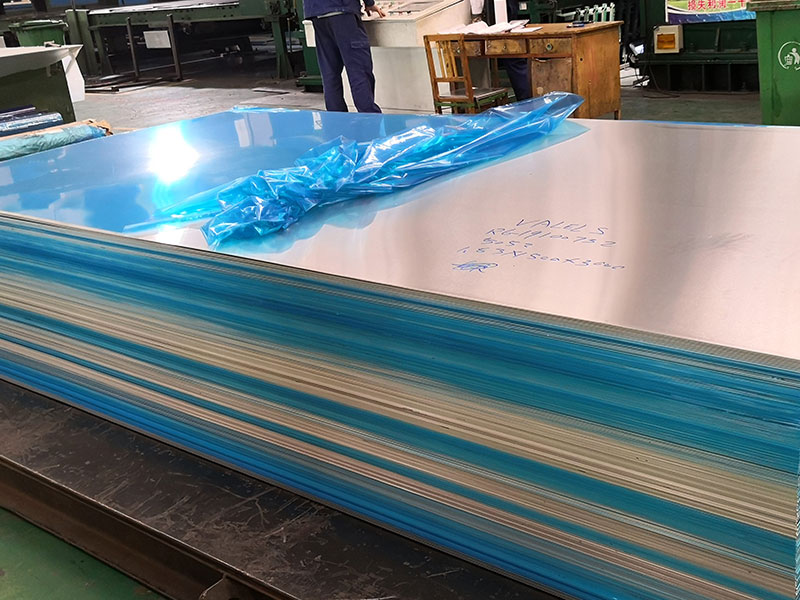
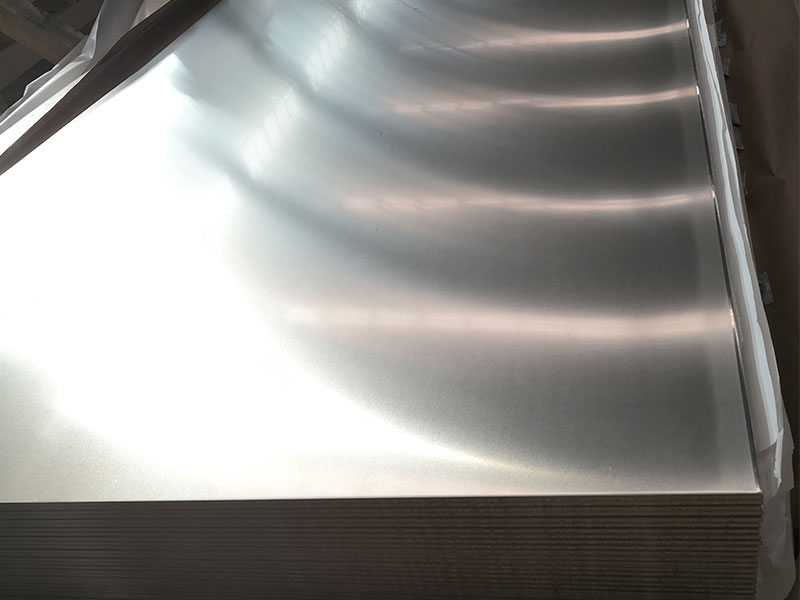
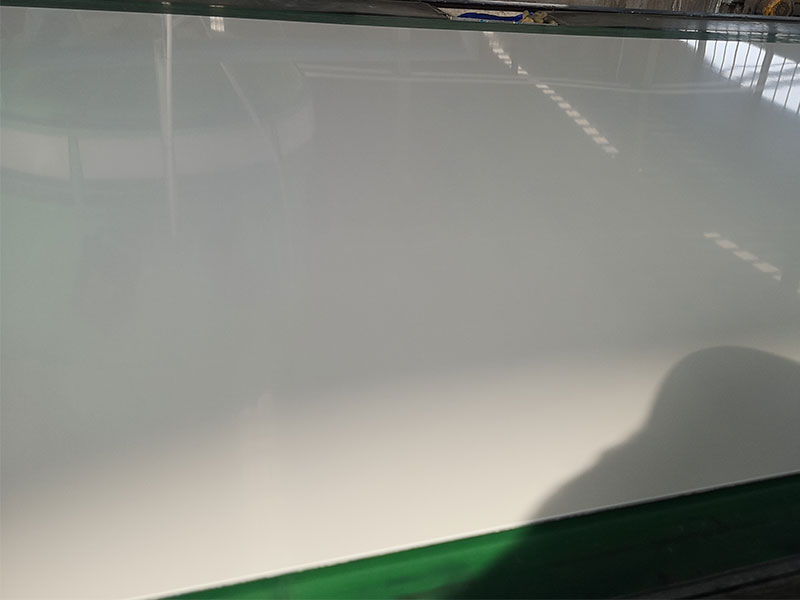
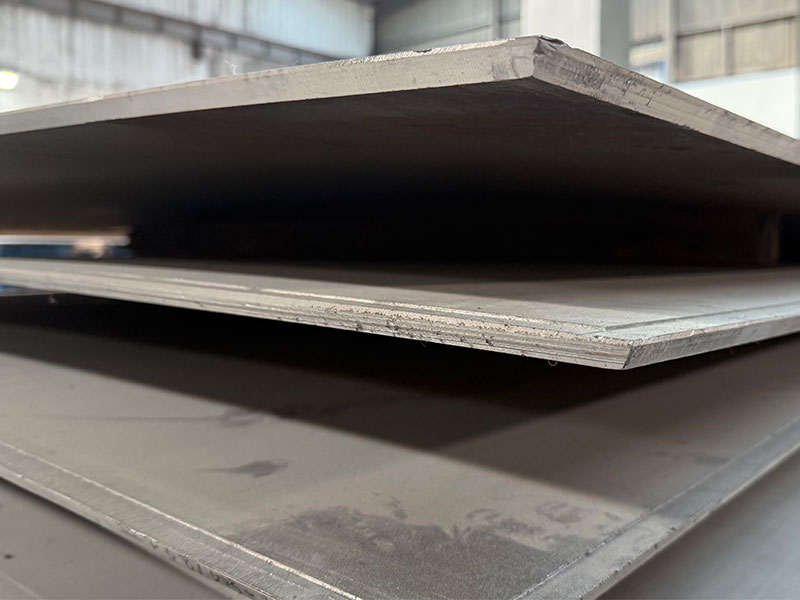
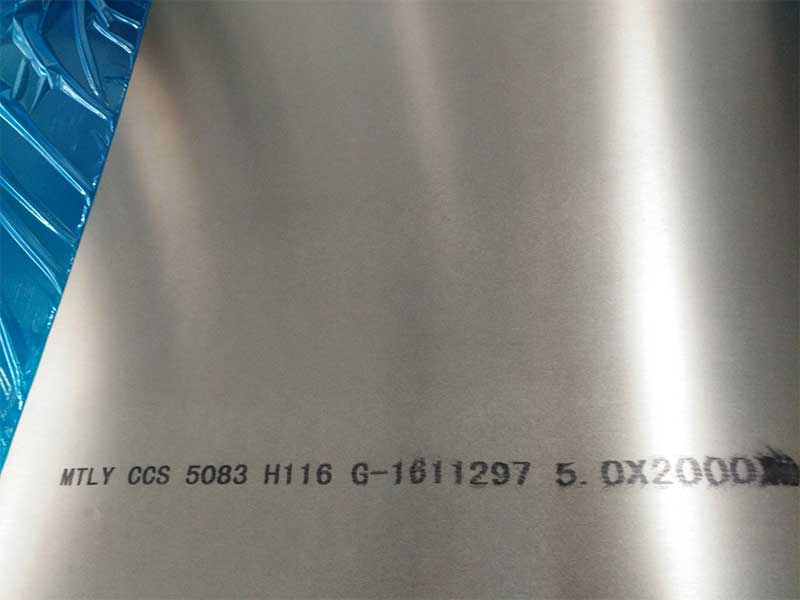
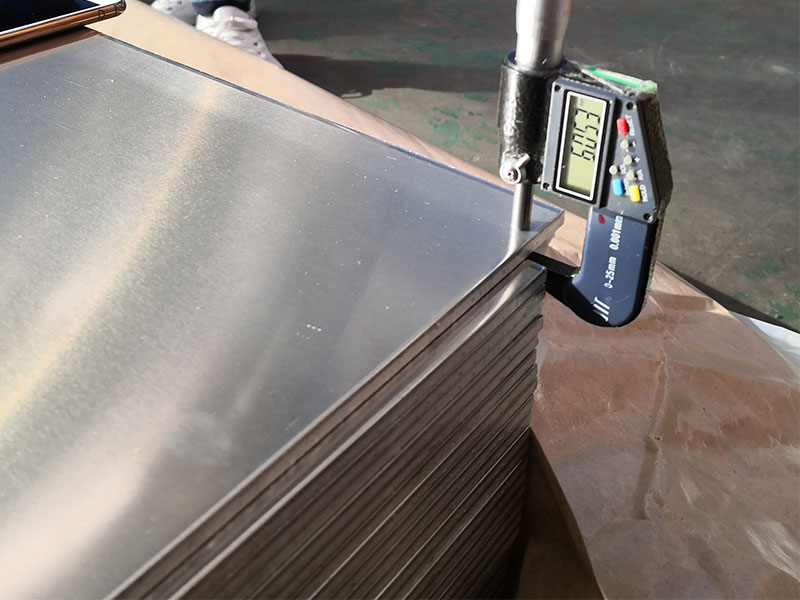




Leave a Message